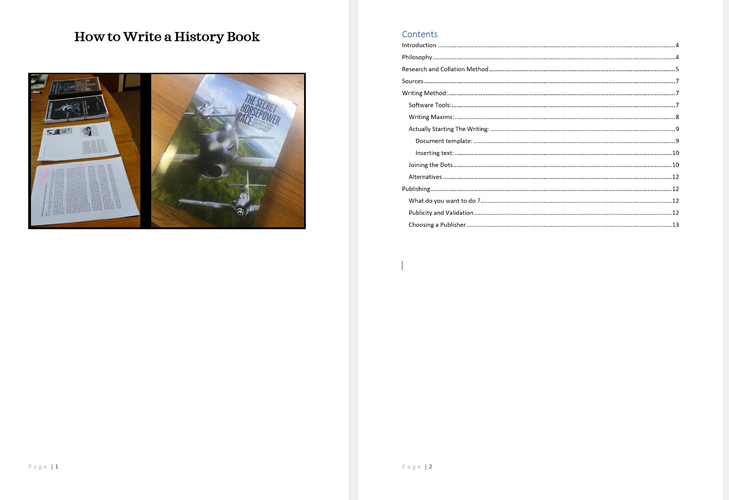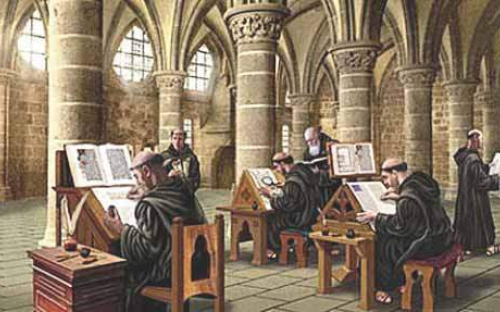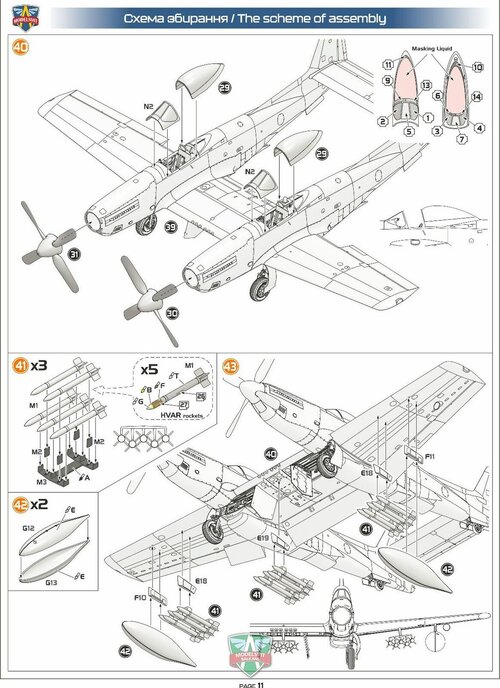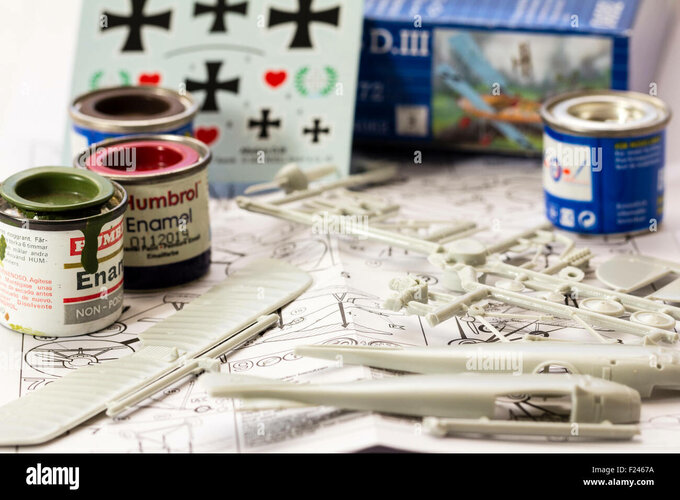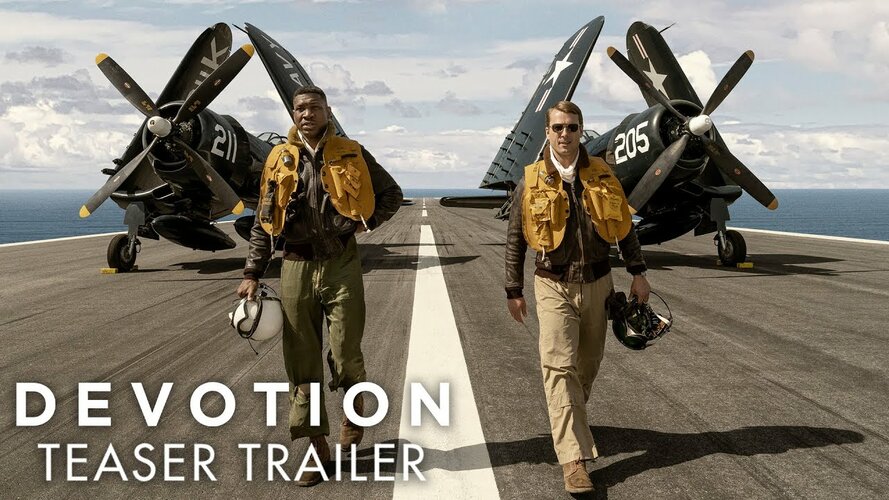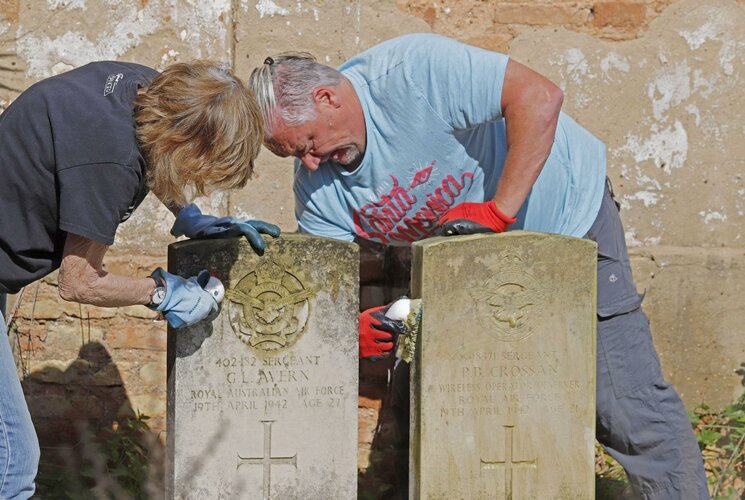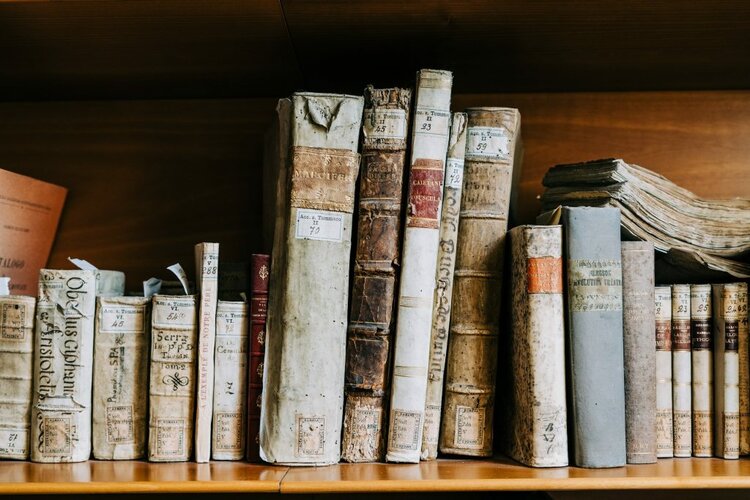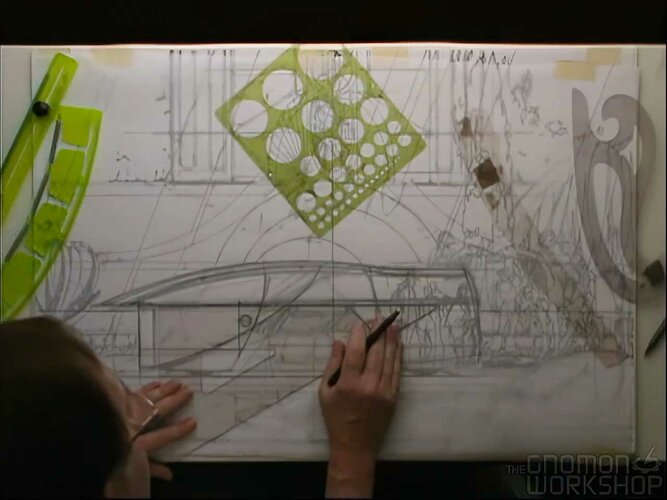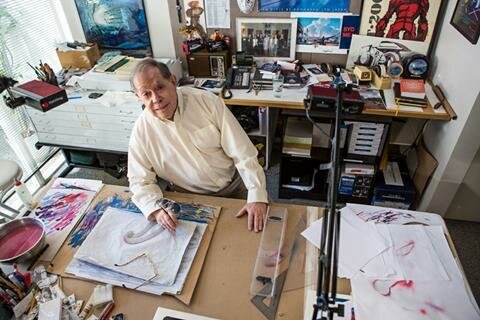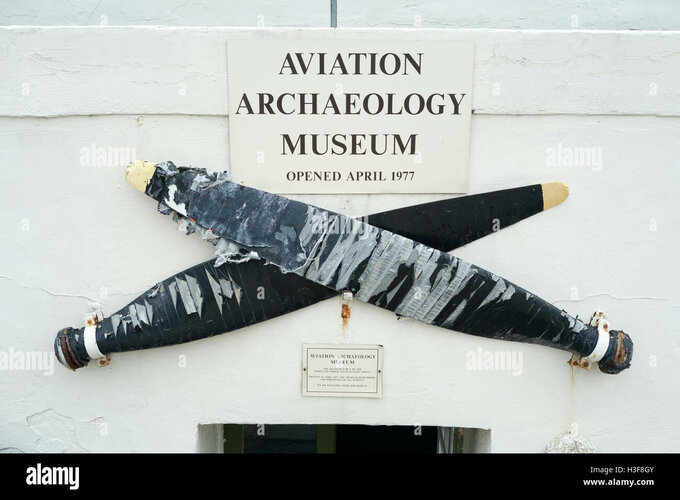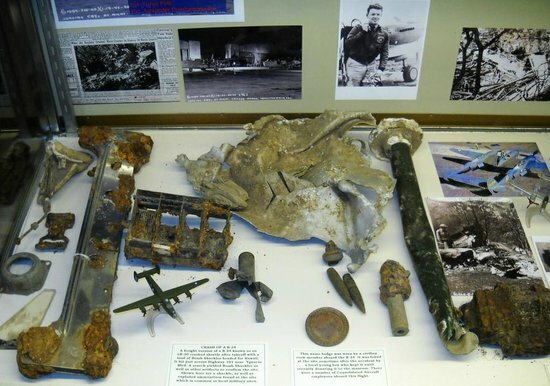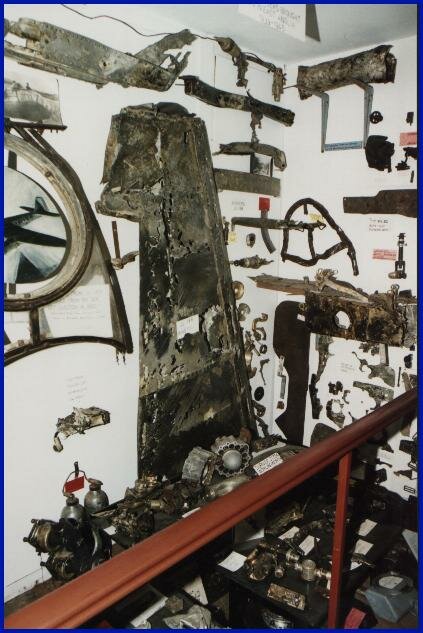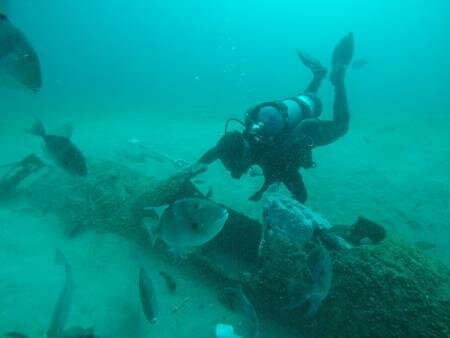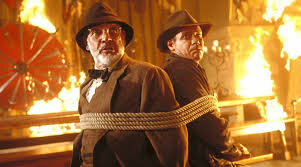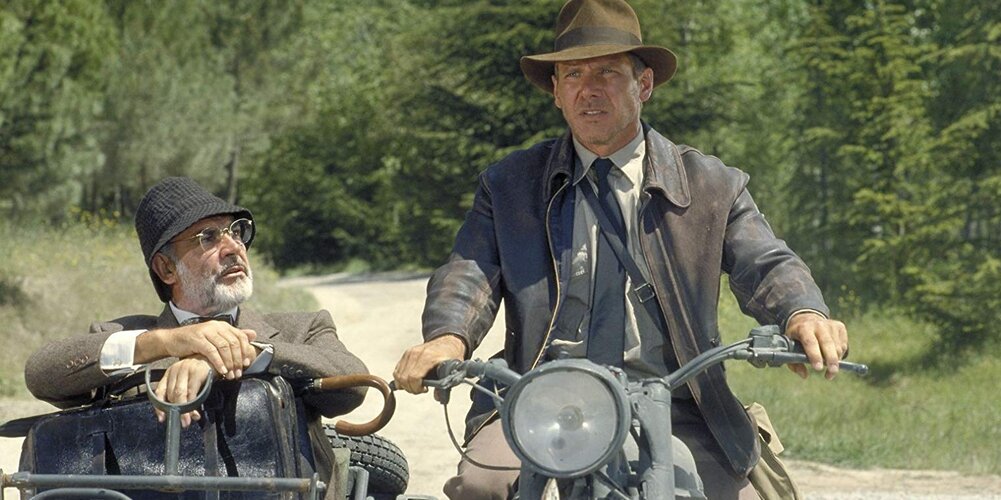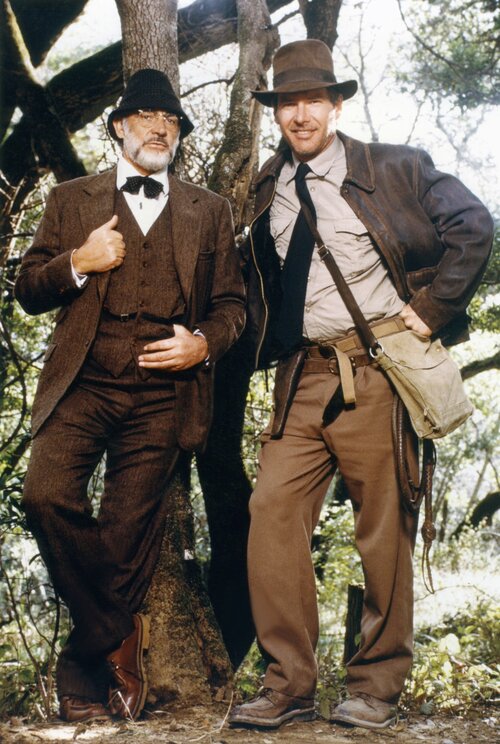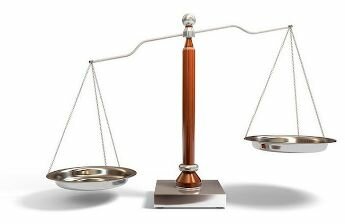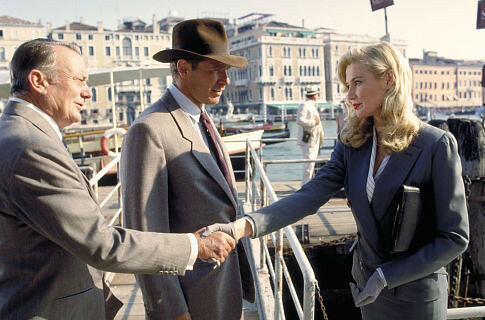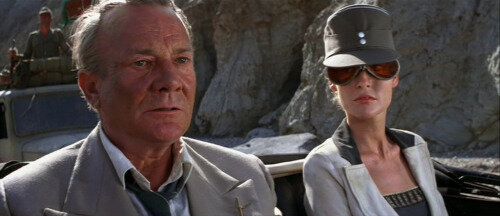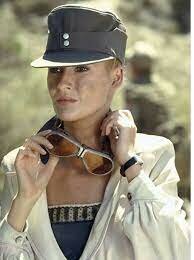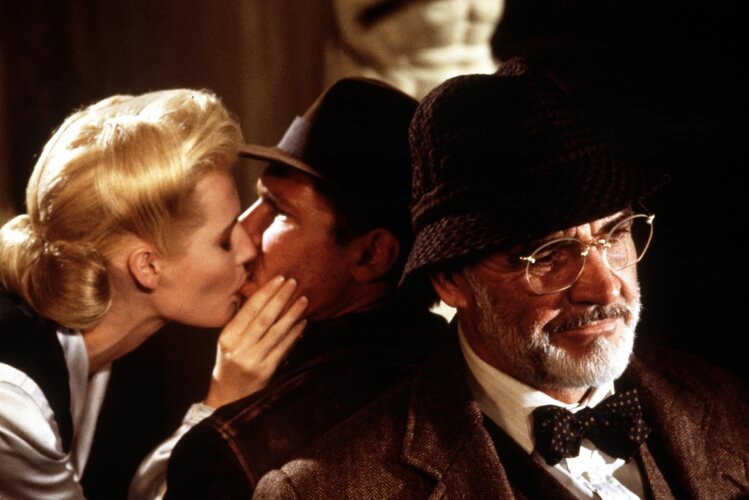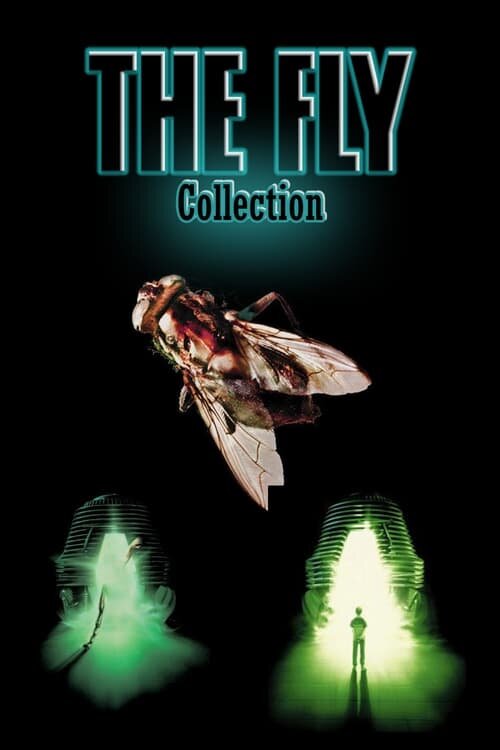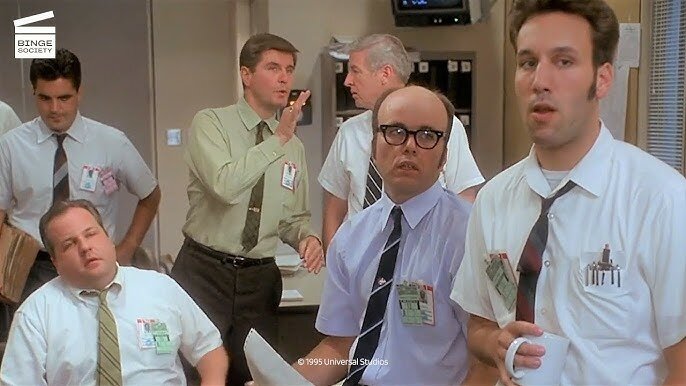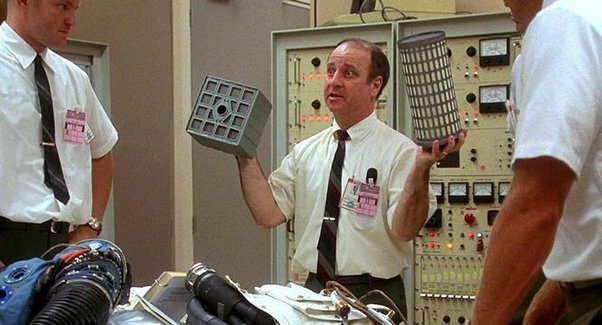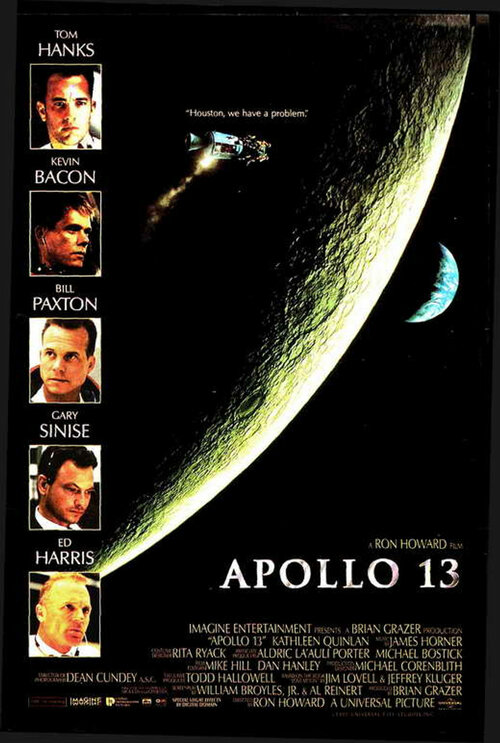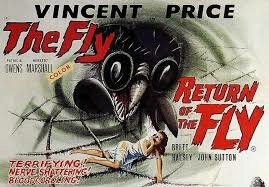Raa
ACCESS: Restricted
- Joined
- 7 December 2020
- Messages
- 37
- Reaction score
- 113
There are a lot of researchers in this forum, so I thought I'd ask them.
Imagine you have a boy or girl in front of you who dreams of becoming an researcher in the future.
He/She asks you, "How can I become a better researcher?"
What advice would you give him/her?
As one of those boys who had such dreams, I have asked this question to many people.
Some people say, "Study classics" others say, "Study a foreign language," and still others say, more straightforwardly, "Write a book based on the archives and publish it."
At the very least, it's clear that can't become a researcher just by watching Netflix at home while eating chips.
Chasing silly myths and worn-out phrases that have been repeated in the past may be one way of being a researcher, but it is not "better".
What do the people and researchers in this forum think about what makes a "better researcher"?
Imagine you have a boy or girl in front of you who dreams of becoming an researcher in the future.
He/She asks you, "How can I become a better researcher?"
What advice would you give him/her?
As one of those boys who had such dreams, I have asked this question to many people.
Some people say, "Study classics" others say, "Study a foreign language," and still others say, more straightforwardly, "Write a book based on the archives and publish it."
At the very least, it's clear that can't become a researcher just by watching Netflix at home while eating chips.
Chasing silly myths and worn-out phrases that have been repeated in the past may be one way of being a researcher, but it is not "better".
What do the people and researchers in this forum think about what makes a "better researcher"?

